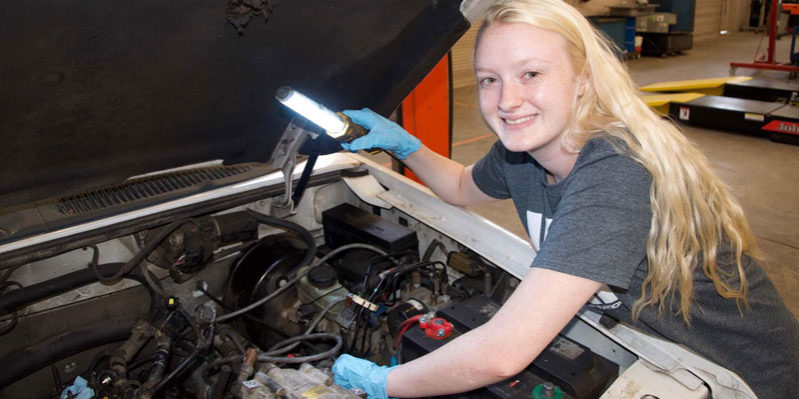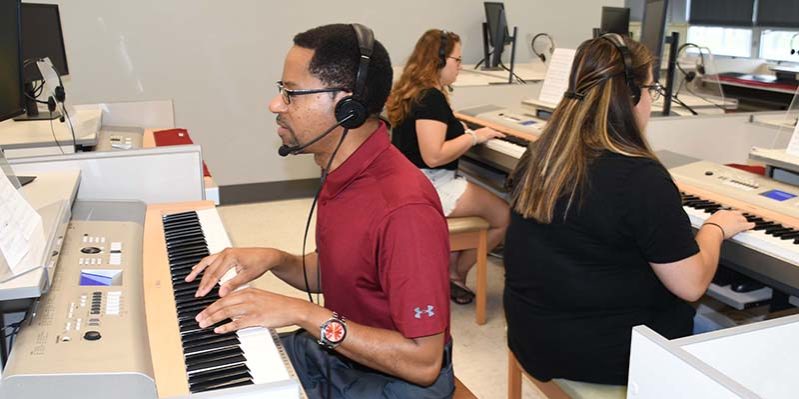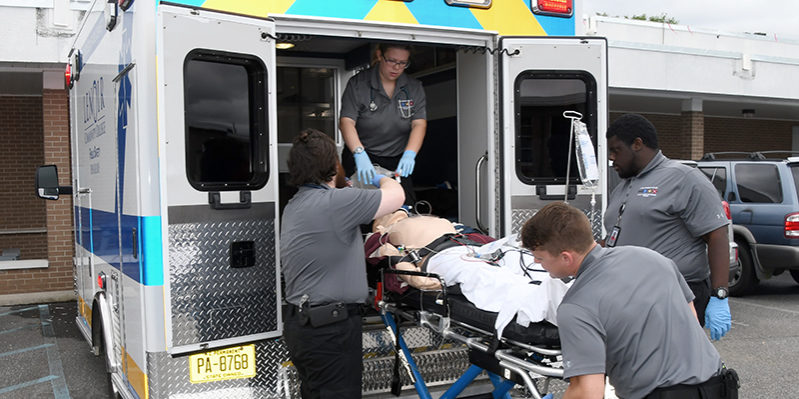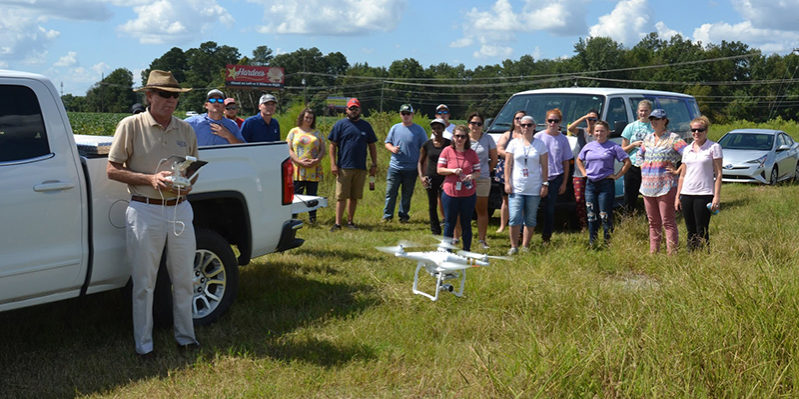
By Mallory Kennedy
Your career can take flight at Lenoir Community College. Since 1970, LCC’s Aviation Management and Career Pilot Technology program has been producing skilled airline workers that have found employment worldwide.
The two-year program coursework is offered all online. Graduates are entering careers in the military, aerospace industry, unmanned aircraft systems industries, and state and federal aviation organizations.
LCC offers an Associate in Applied Science degree in Aviation Management and Career Pilot Technology, Manned and Unmanned. Students can earn a diploma in Manned Pilot Technology, Aviation Management, and Unmanned Aircraft Systems. They are also able to earn certificates in Private Pilot Essentials, Aviation Management, and Unmanned Aircraft Systems.
Those earning their commercial pilot certificate can log 50 of their required 250 flight hours in the Redbird Flight Simulator, located at the Aviation Center at no cost to the student.
With 35 years of pilot experience, Program Chair Jeff Jennings has the knowledge and background needed to ensure his graduates are prepared to take flight on their own.
During his career, Jennings worked for commercial airlines, flew for private corporate flights through his own business, worked at flight schools, and fixed base operations. “We currently have graduates working all over the world,” he said. “We are one of three community colleges in North Carolina that offer an Aviation program.”
Recently LCC signed an articulation agreement with Elizabeth City State University. This agreement gives graduates the ability to transfer to the University and enter into their aviation science bachelor’s degree program.
According to the United States Bureau of Labor Statistics, Airline and Commercial Pilots make an average of $155,670 annually with the estimate job openings increasing due to many pilots reaching the required retirement age of 65.
LCC is one of the few colleges in North Carolina that offers an Associate Degree for Unmanned Aircraft Systems also known as drones. Drones have no human pilot on board and are either controlled by a person on the ground or autonomously via a computer program.
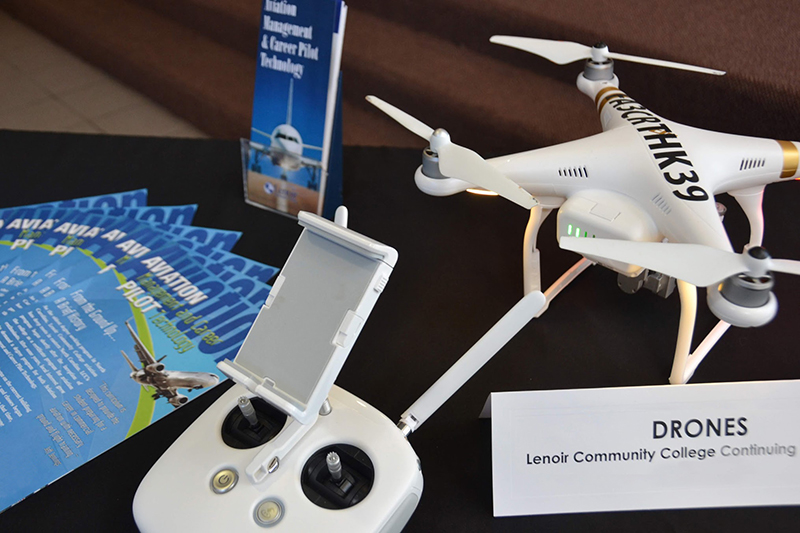
Jennings said that with more companies using drones, the need for drone operators is on the rise. Drones are becoming the eyes and ears of scientists by surveying the ground for archaeological sites, signs of crop damage, and even used in weather events. Farmers, real estate agents, emergency professionals, and even companies such as Amazon for quick deliveries are using drones.
Most recently noted in an article in Modern Healthcare, WakeMed Hospital was approved by the Federal Aviation Administration to launch its medical drone delivery program. This program allows for faster turnaround time for lab results by quickly carrying the blood samples to the lab center across Raleigh.
“Our graduates train with top of the line technology to ensure they have the skills needed to meet the needs of the employer,” Jennings said. “The industry is growing, and we want our students to be on the cutting edge.”
LCC also offers the Unmanned Aircraft Systems Certificate every eight weeks, with class meeting one night a week through its Workforce Development and Continuing Education Division.
For more information, visit LCC Aviation.

